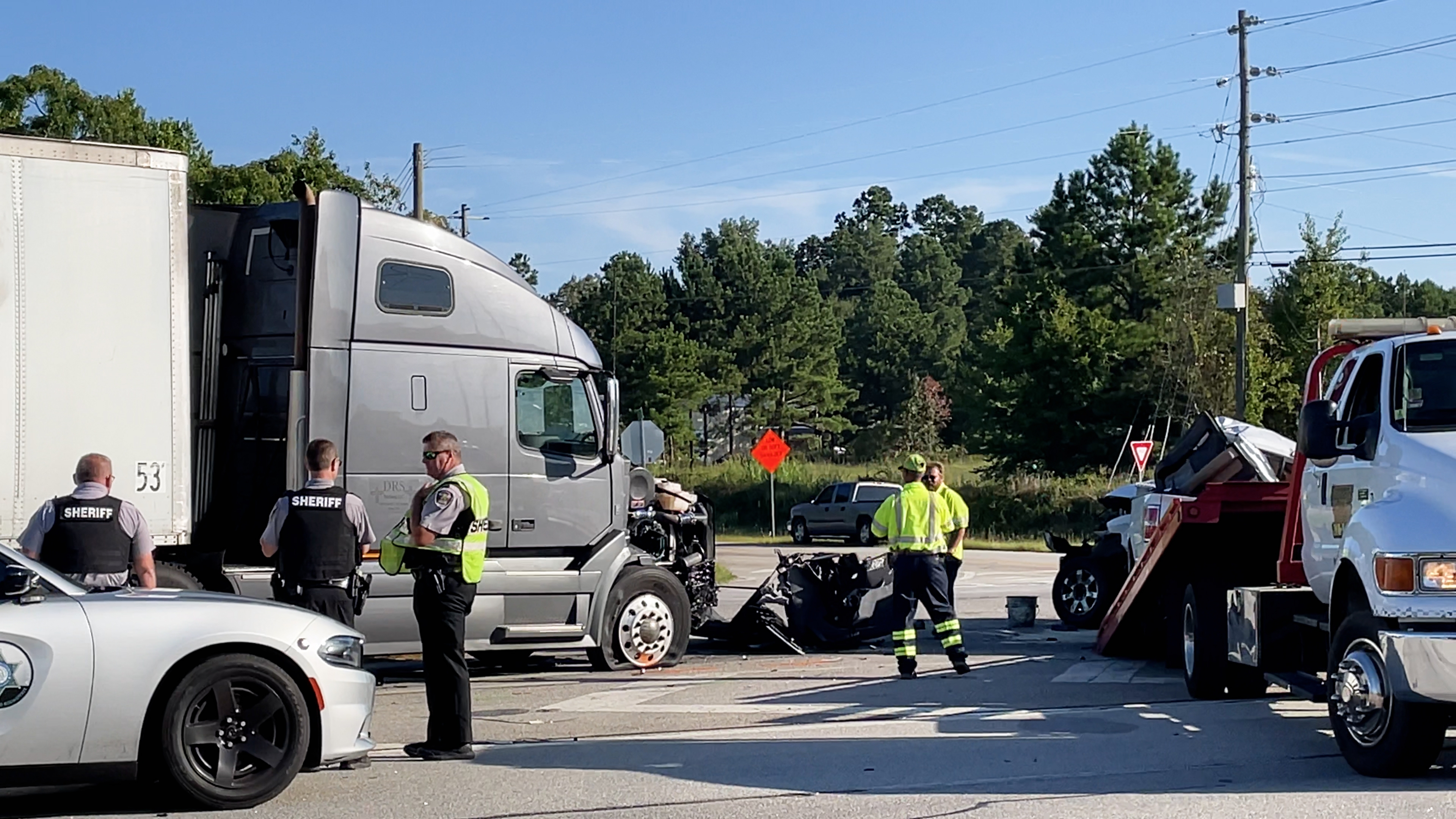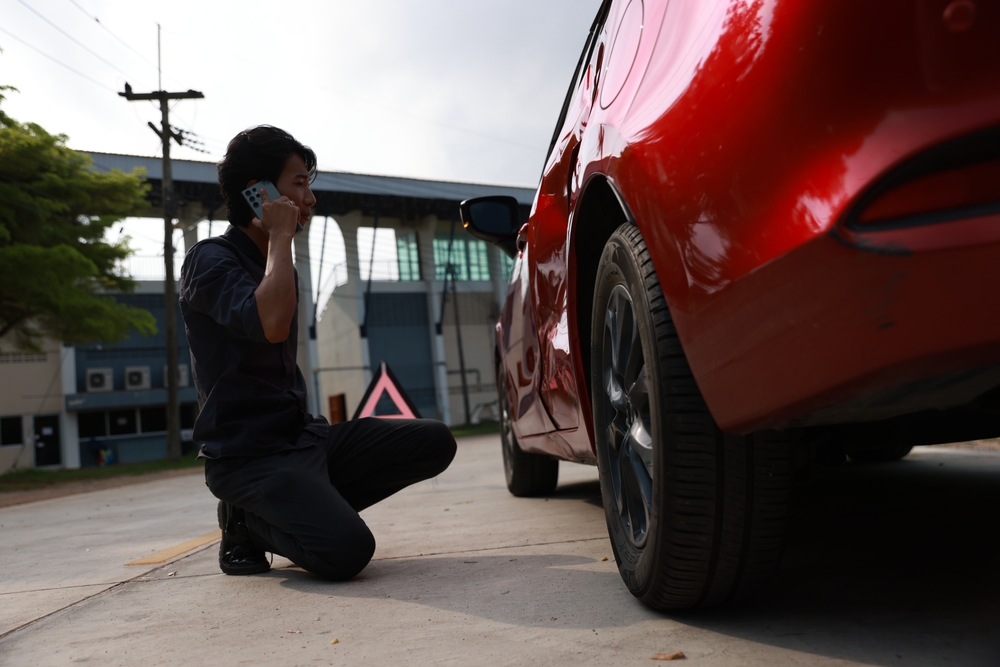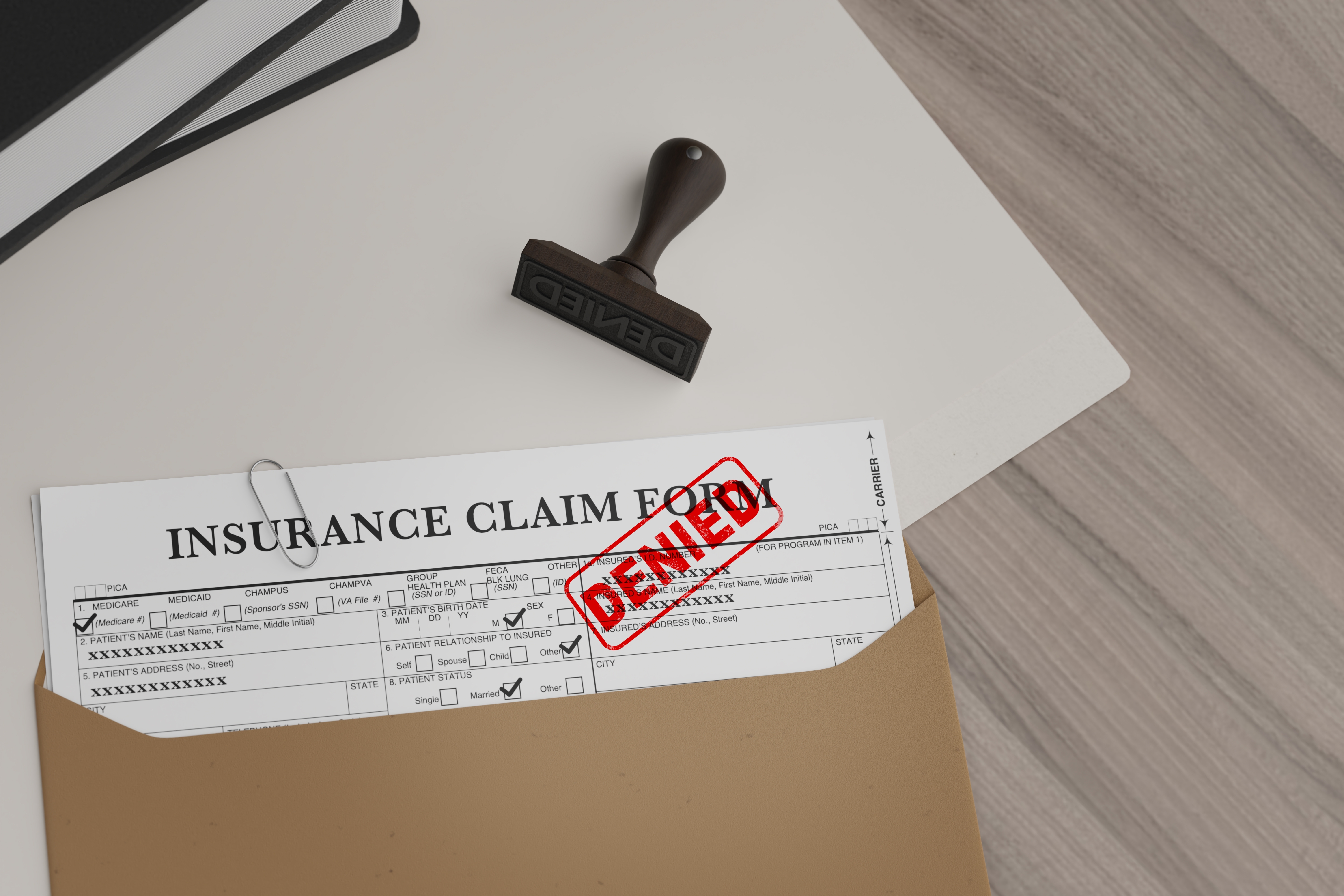Being involved in an accident can be confusing, stressful and full of unknowns. What you do (or don’t do) in the minutes and hours after the incident can significantly affect your health, your insurance claims and your rights. Below are the key actions you should take right away – and why each matters.
Also, review our guide on Common Mistakes to Avoid in a Personal Injury Claim.
Your first priority is always health and safety. If you or any passengers are injured, call 911 immediately. Even if everyone appears OK, it’s wise to have a medical professional check you out – injuries such as whiplash or internal trauma may not show symptoms right away.
If your vehicle is still drivable, move it (and yourself) to a safe location – out of the flow of traffic if possible, with hazard lights on. This reduces the risk of secondary collisions and demonstrates responsible action.

Having an official police or crash-report carries two important benefits: it adds credible third-party documentation of the incident, and it often triggers legal or insurance-process rights. Many jurisdictions require a report if there’s injury or significant damage.
At the scene, when interacting with the officer: provide factual answers, get the officer’s badge number, and after they leave, request a copy (or the report number) for yourself. Don’t speculate or admit fault.
Before evidence disappears, document everything you can. This includes:

How to Document the Scene Correctly after a Car Accident
Get the essential information from every other driver and vehicle involved:
Contact your own insurance company as soon as you are able – many policies require very prompt notification. Provide the basic facts (time, place, other driver info, injuries/damages) but again: avoid admitting fault. Be honest and consistent. Delays or misstatements can undermine your claim.

As noted above, some injuries become apparent only later (e.g., concussion, internal bleeding, soft-tissue damage). A prompt medical evaluation accomplishes two things: it protects your health and it creates a medical record linking the injuries to the accident. That record may be critical if you later seek compensation for medical bills, lost wages or pain and suffering.

Over the coming days and weeks, continue to compile and maintain all related records:
Every state has deadlines for filing certain legal claims (statutes of limitation) and for reporting accidents to insurance companies or law enforcement. Failing to act within those timelines can permanently limit your rights. For example, in some jurisdictions you must file a report or claim within a relatively short window.
If you’ve suffered serious injuries, long-term impairments, or there’s a dispute over who was at fault, consulting an attorney early may protect your rights. While this is more obviously legal-advice territory, the key is this risk factor: once insurers or opposing parties begin investigations or negotiations, you’ll want someone experienced reviewing the facts, evidence and legal options. (Note: this step is about preserving rights, not automatically “you must hire a lawyer.”)
By following the above steps, you help ensure that:
Since you’re operating in Charleston, SC, you’ll want to tailor the above to reflect state-specific rules:
An accident can be overwhelming – but how you respond in the minutes, hours and days following the incident can make a significant difference in protecting your health, finances and legal rights. Prioritize safety, document everything, report what you must, avoid premature statements of fault, and keep detailed records. If your situation involves serious injuries or disputes, consulting someone experienced in accident-law and insurance is a wise next step.
We can help. Contact Mastantuno Law Firm for a free consultation today.
